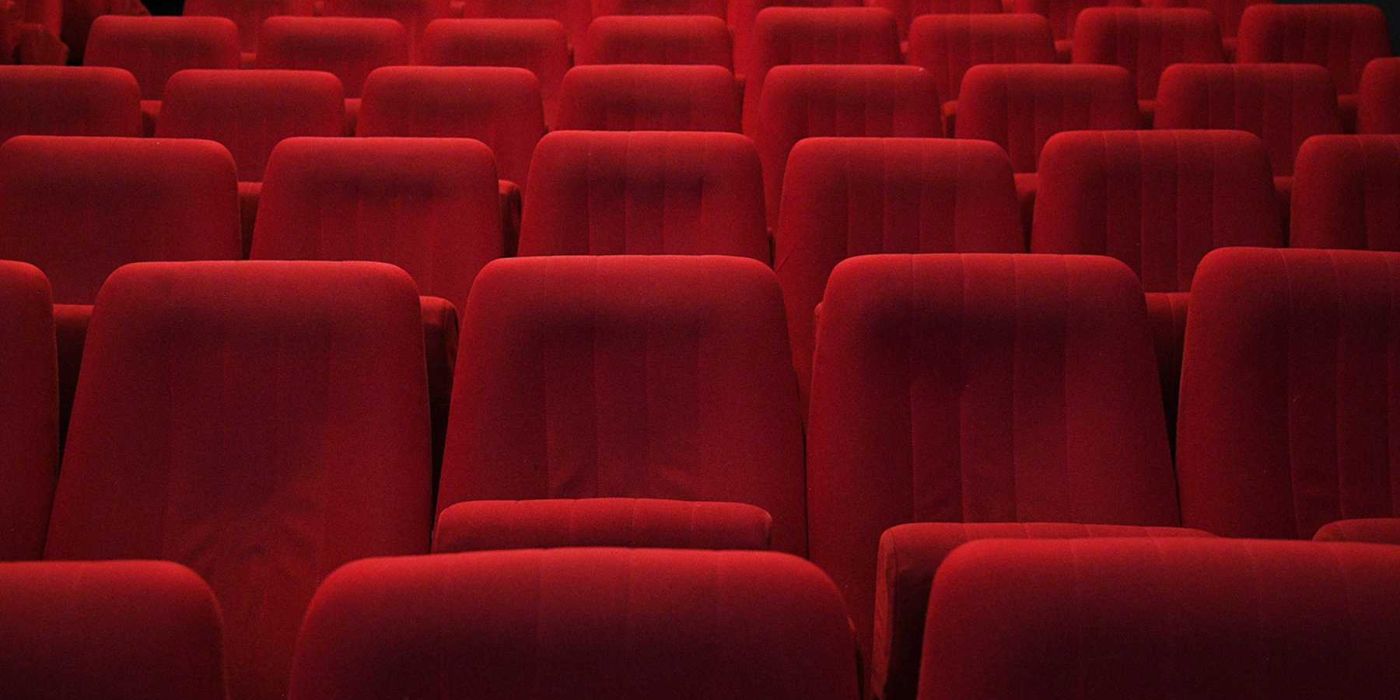
In July 2020, Beijing imposed a national security law on the special administrative region of Hong Kong in response to the 2019 pro-democracy protests. The vaguely written law is now being used to censor media such as film and television, which includes programs produced by Hollywood.
The Hong Kong government introduced a set of amendments to the Film Censorship Ordinance, which had before only instructed censors to screen films for violence, explicit sex scenes and the like in order to appropriately classify them. The new amendments stipulate that censors "be vigilant to the portrayal, depiction or treatment of any act or activity which may amount to an offence endangering national security," or encourage activities that do so.
Importantly, the new amendments also demand that censors "should have regard to his duties to prevent and suppress acts or activities endangering national security, and the common responsibility of the people of Hong Kong to safeguard the sovereignty, unification and territorial integrity of the People's Republic of China" when reviewing a film.
These amendments, as well as the national security law itself, cover a wide range of activities and have proven themselves to be open to the interpretation of both the Hong Kong government and the Communist Party-controlled government of China, which has final say. It is for this reason that the national security law has raised concerns internationally and if largely seen as a means for Beijing to reduce the democratic rights and freedoms of the people of Hong Kong. The Film Censorship Ordinance amendments have been criticized for further limiting the freedom of expression that Hong Kong formerly possessed and indirectly imposing China's censorship laws into the special administrative region.
These amendments, as well as China's censorship, apply to foreign films and programs. The Academy Awards, for example, were banned this year in Hong Kong for the first time since 1969, due to the inclusion of the award-winning documentary Do Not Split, which covered the 2019 protests. Prior to the enactment of the national security law, numerous Hollywood productions have been distributed in Hong Kong while banned in China, including blockbusters such as Todd Phillips' Joker and Tim Miller's Deadpool.
In terms of box office value, Hong Kong was worth $212,026,723 prior to the coronavirus (COVID-19) pandemic and allowed the vast majority of foreign films into theaters. Meanwhile, China allows a quota of foreign films into the country -- currently 34 films -- most of which are mainstream Hollywood productions.
0 Comments